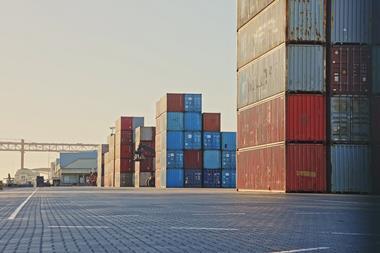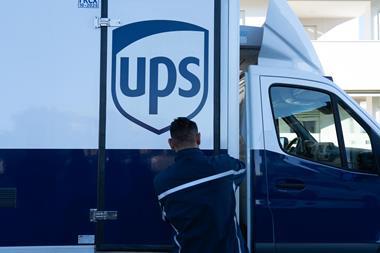
Kevin Lawler, vice president of sales at Pelican BioThermal, the specialist in temperature-controlled packaging, has offered his thoughts in an opinion piece on what the next decade will bring in terms of global cold-chain shipping.
He made four predictions as to changes that will transform the pharmaceutical and cold-chain industries over the next 10 years.
Cell and gene therapy
Cell and gene therapies provide great promise for developing effective patient-specific treatments based on a person’s unique genetic and cellular make up, Lawler noted. But these therapies come at a very high cost and add considerable complexity to cold-chain distribution, both to and from a patient.
These therapies are also extremely sensitive to temperature fluctuation during transit and pharmaceutical manufacturers will demand increased confidence that these costly therapies will arrive on time, intact and at the right temperature, at their destinations, Lawler observed.
Cost pressure and expanded outsourcing
With increased public scrutiny on the price and accessibility of pharmaceuticals worldwide, there will be continued focus on bringing pharmaceutical prices down, Lawler opined. Cold-chain packaging providers will be asked to provide more operational services on an outsourced basis, such as support, conditioning, pick-and-pack and refurbishment — while needing to extend their global reach.
Moreover, he suggested, transportation providers (3PLs and integrators) will also be asked to provide additional services such as thermal packaging, refrigeration, and pick-and-pack support. “As a result, we expect to see more alliances between packaging, transportation and contract manufacturing providers to leverage best-in-class capabilities to support increasingly cost-conscious global pharmaceutical manufacturing companies,” he forecast.
Technology disruption in the cold chain
Technology has only recently really begun to enter the pharmaceutical cold chain, Lawler said, but it’s now having more impact as the Internet of Things (IoT) progresses from concept to reality. “Pharmaceutical manufacturers are beginning to ask for real-time tracking of ambient and payload temperature, as well as RFID [radio frequency identification] for location tracking and tracing,” he suggested, adding: “This will lead to more and more data being collected to assess challenging shipping lanes and distribution modes where temperature excursions and other issues arise.
“With technology to provide remote temperature management, alerts and global vision, pharmaceutical manufacturers will increasingly leverage this data to make smarter cold chain transportation decisions going forward.”
Sustainability will affect cold-chain decision-making
Initiatives such as the United Nations Sustainability Development Goals (SDGs) are driving corporate initiatives toward more eco-friendly practices around the world, and the pharmaceutical industry is today much more focused on reducing its environmental impact, Lawler considered.
As a result, the use of reusable packaging continues to gain acceptance, and many pharmaceutical manufacturers are now requiring their vendors to demonstrate that their packaging and modes of transportation minimise negative effects on the environment, he pointed out.
“Packaging providers are also being asked to provide tools to help pharmaceutical manufacturers measure their actual environmental impact so they can monitor and demonstrate their reductions in carbon footprint and waste,” Lawler concluded.
In other news, earlier this month (December), Pelican BioThermal announced that had achieved accreditation for technical competency within its laboratories in Europe and the US. It received ISO/IEC 17025-2017 accreditation following a rigorous certification process.









